Venezuela denies European lawmakers entry over ‘conspiratorial’ intentions
Venezuela has denied entry to a group of European Parliament deputies, who were planning to meet with opposition chief Juan Guaido, arguing that there were “conspiratorial” motives behind such a visit, amid a political crisis gripping the Latin American state.
The five deputies from the center-right European People’s Party (EPP) were traveling to Venezuela at the invitation of Guaido, who declared himself “interim president” last month, one of them said in a video distributed through social media.
“They have retained our passports. They haven’t communicated the reason for our expulsion,” said Spanish Member of the European Parliament (MEP) Esteban Gonzalez Pons, who headed the delegation.
The other MEPs were his compatriots Jose Ignacio Salafranca and Gabriel Mato Adrover as well as Esther de Lange of the Netherlands and Paulo Rangel of Portugal.
Venezuelan Foreign Minister Jorge Arreaza, however, said the deputies had been informed several days in advance that they would not be allowed to enter the country.
“By diplomatic official channels, the authorities of Venezuela were notified several days ago about the arrival of a group of European parliamentarians who intended to visit the country for conspiracy purposes, which is unacceptable. They were recommended to avoid provocations,” he wrote on Twitter.
Venezuela would “not permit the European extreme right to disturb the peace and stability of the country with another of its rude, interventionist actions,” the top Venezuelan diplomat added.
The Latin American country has plunged into political turmoil since last month, when Guaido disputed last year’s reelection of incumbent President Nicolas Maduro.
Guaido was quickly recognized by the United States and a number of its Latin American allies.
Several European Union states later followed suit after Caracas rejected a call to organize a new presidential election within an eight-day period set by the 28-nation bloc.
The Western-backed opposition blames Maduro for an ailing economy, hyperinflation, power cuts, and shortages of basic items, urging him to resign.
Maduro has accused Guaido – who heads the defunct National Assembly -- of staging a Washington-engineered coup d’état, calling on him to abandon his coup-mongering strategies and engage, instead, in constructive dialog with the government.
Maduro urges ‘frank dialog’ with opposition
On Sunday, Maduro reiterated his call for talks between his government and the opposition in an effort to restore peace to the country.
“I believe in frank and open dialogue as the only way for the tranquility and prosperity of the Homeland. In the last 6 years I have made more than 400 calls and I will always do it for the love of Venezuela,” Maduro said in a Twitter post on Sunday.
Maduro further reaffirmed support for the “Montevideo Mechanism,” a four-step proposal presented by Mexico, Uruguay, Bolivia and the Community of Caribbean States (Caricom), aimed at hammering out a domestic solution to the crisis.
The first step of the proposal calls for immediate dialog to create conditions for direct contact between President Maduro and the right-wing opposition led by Guaido.
The president also stressed that his government’s priority was to stabilize the economy and restore peace and political stability to the country.
VIDEO | Britain’s complicity in Israeli crimes against Palestinians
Somalia cancels UAE security, defense deals over sovereignty violations
VIDEO | Tunisia condemns Israel’s recognition of 'Somaliland'
People’s ‘smart presence’ at Monday rallies foiled foreign interference: Qalibaf
US used warplane disguised as ‘civilian aircraft’ in deadly Caribbean strike: Report
Trump threatens Iran’s trade partners with 25% tariff after botched ‘regime change’ plot
Aggressors will face severe pain from Iran’s ‘surprises’: Defense minister
Iran ready for war if US wants to ‘test’ it: Araghchi


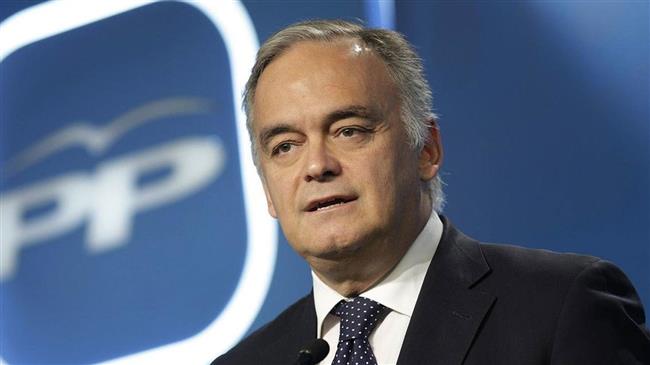


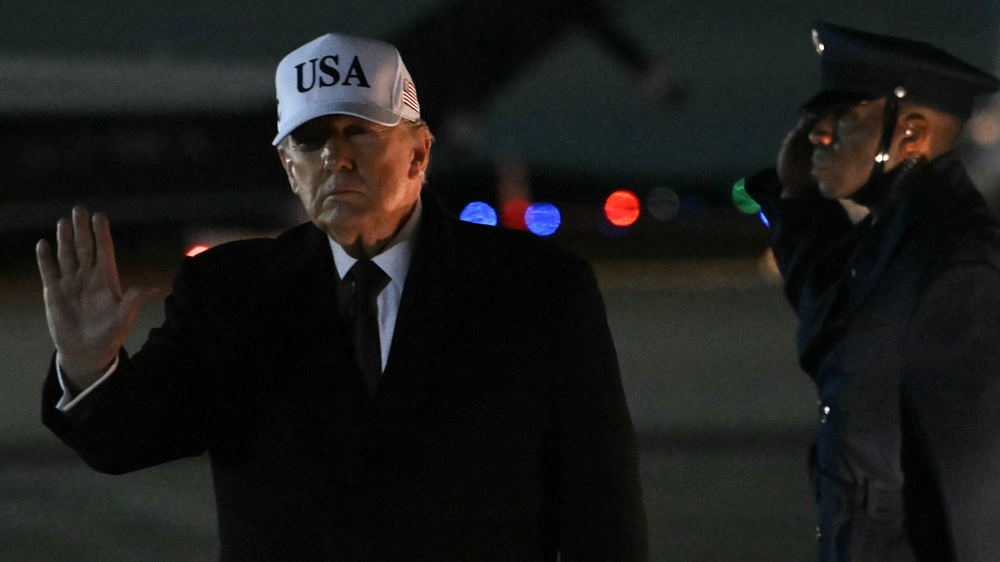
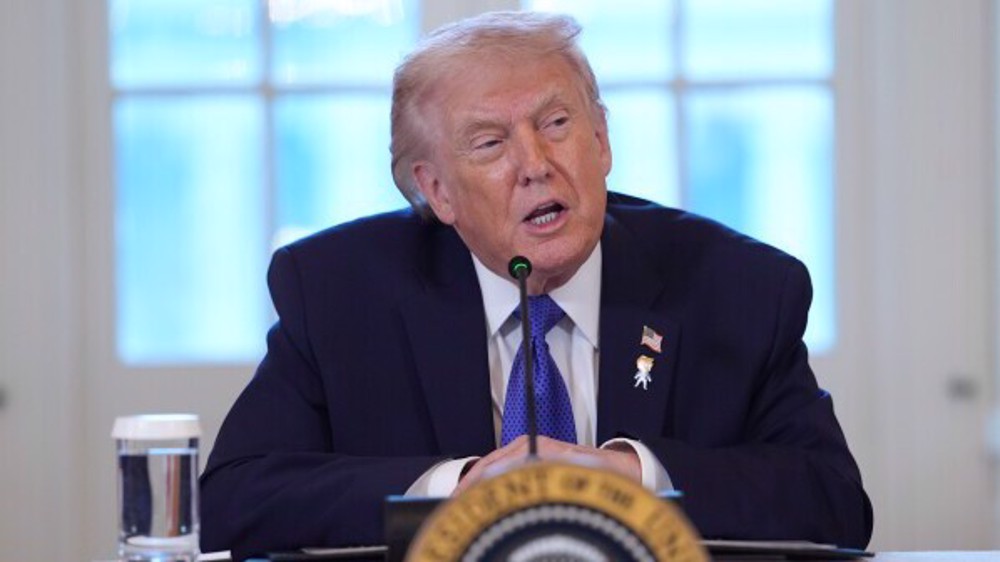
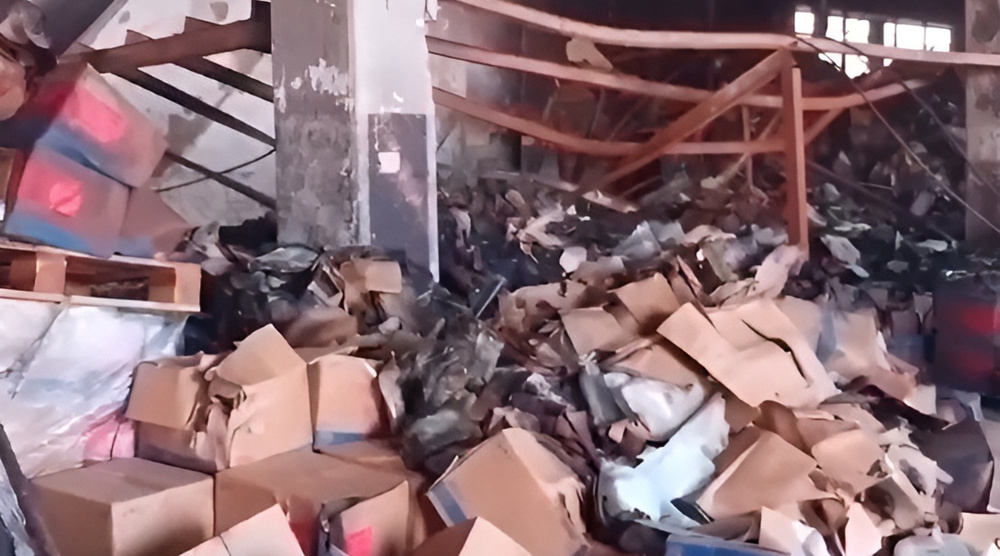



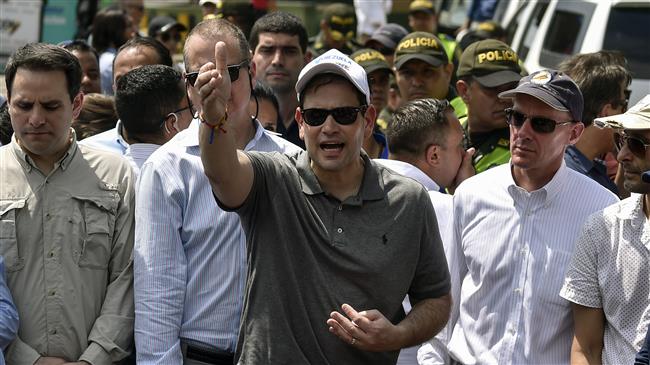
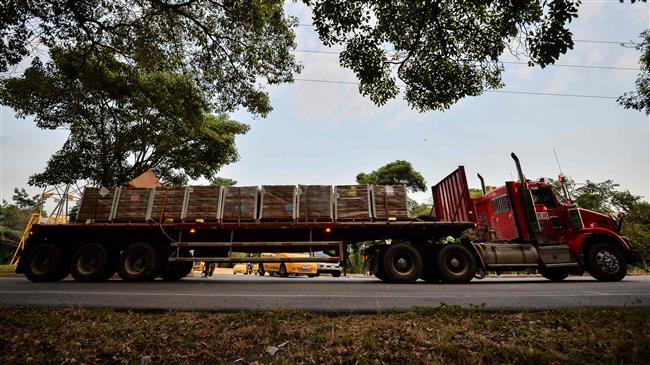
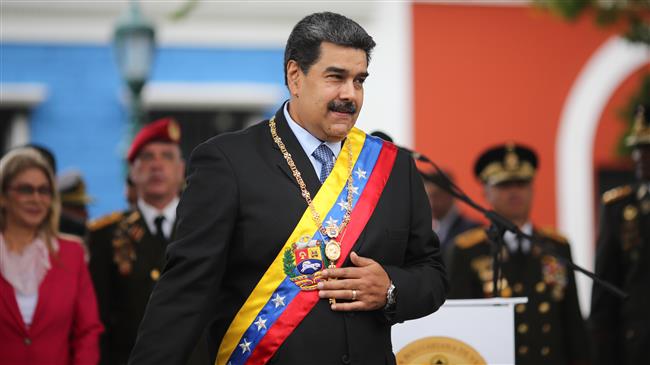

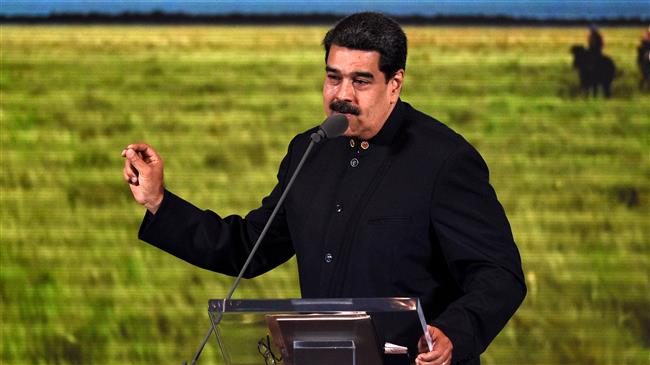

 This makes it easy to access the Press TV website
This makes it easy to access the Press TV website